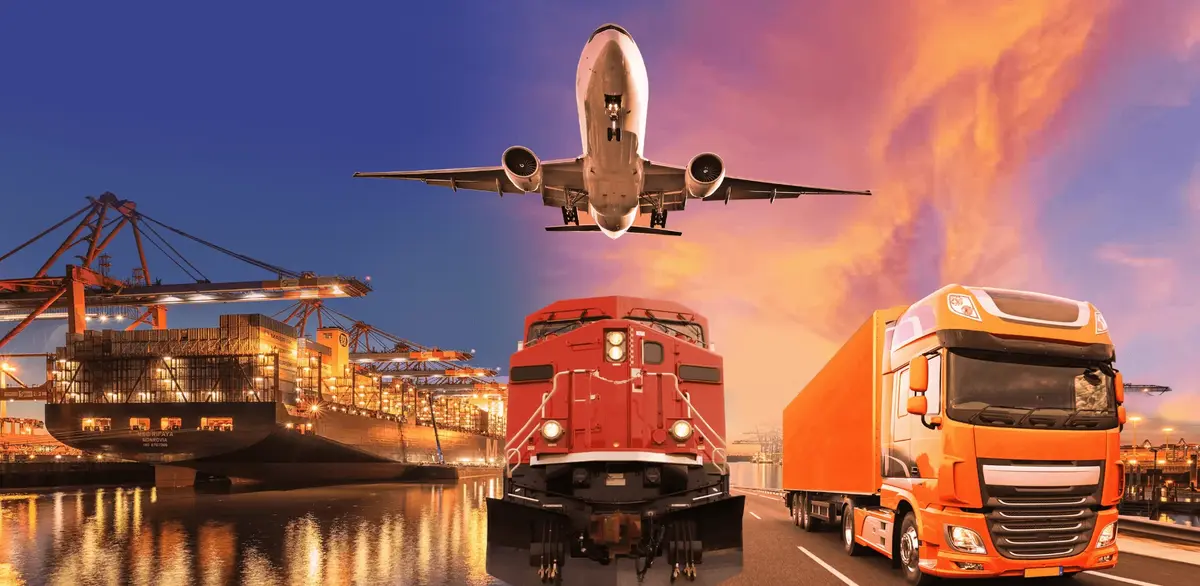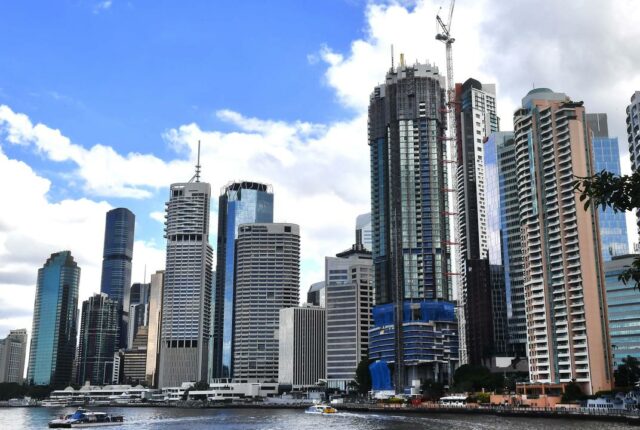
The Rise of Intermodal Freight Transportation: Combining Modes for Efficiency
Intermodal freight transportation has emerged as a transformative solution in the logistics industry, revolutionizing the way goods are transported across vast distances. By seamlessly integrating multiple modes of transportation, such as trucks, trains, ships, and planes, intermodal transportation offers numerous benefits, including improved efficiency, cost savings, and reduced environmental impact. This article explores the rise of intermodal freight transportation, its advantages, and its impact on the global supply chain.
The Evolution of Freight Transportation
Throughout history, the movement of goods has played a pivotal role in economic development. From ancient trade routes to modern shipping lanes, the transportation industry has continuously evolved to meet the growing demands of global commerce. One significant advancement in recent times is the rise of intermodal freight transportation.
Understanding Intermodal Freight Transportation
Intermodal freight transportation refers to the seamless movement of goods using multiple modes of transportation without the need for repacking or handling the cargo. It involves the integration of trucks, trains, ships, and planes to optimize the transportation process. The key to intermodal transportation lies in standardized containers that can be easily transferred between different modes of transport.
Advantages of Intermodal Freight Transportation
Efficient Handling of Cargo
Intermodal freights transportation offers efficient handling of cargo from origin to destination. By minimizing cargo handling and reducing the need for repacking, the risk of damage and loss is significantly reduced. This streamlined approach ensures that goods reach their intended location in a timely manner, enhancing customer satisfaction.
Cost Savings and Scalability
One of the primary advantages of intermodal transportation is cost savings. By combining multiple modes of transport, companies can optimize their logistics networks, reduce transportation costs, and achieve economies of scale. Additionally, intermodal transportation allows for flexible scalability, enabling businesses to adapt to changing demand patterns efficiently.
Environmental Sustainability
In an era where environmental sustainability is a pressing concern, intermodal freights transportation offers a greener alternative. By leveraging different modes of transport, companies can reduce carbon emissions and minimize their ecological footprint. Trains and ships, for example, have a significantly lower carbon footprint compared to trucks and planes, making intermodal transportation an environmentally responsible choice.
Intermodal Technology and Infrastructure
Advancements in technology have played a crucial role in the growth of intermodal freights transportation. From GPS tracking systems to automated cargo handling, technology has improved the efficiency and visibility of the supply chain. Moreover, the development of intermodal infrastructure, including dedicated terminals and intermodal connectors, has further facilitated the seamless transfer of goods between different modes of transportation.
Challenges and Future Developments
While intermodal freight transportation offers numerous benefits, it also faces certain challenges. These include complex logistics coordination, infrastructure limitations, and regulatory considerations. However, the industry continues to innovate and overcome these obstacles. Future developments in intermodal transportation are expected to focus on enhancing connectivity, optimizing intermodal networks, and leveraging emerging technologies such as blockchain and artificial intelligence.
Conclusion
The rise of intermodal freight transportation has transformed the way goods are transported across the globe. By combining different modes of transportation, businesses can achieve higher efficiency, cost savings, and environmental sustainability. As the industry continues to evolve and overcome challenges, intermodal transportation is poised to play a central role in shaping the future of the global supply chain.
FAQs (Frequently Asked Questions)
Q: How does intermodal freight transportation differ from traditional transportation methods? A: Unlike traditional transportation methods, intermodal freight transportation seamlessly integrates multiple modes of transport, reducing the need for cargo handling and improving efficiency.
Q: Can any type of cargo be transported using intermodal freight transportation? A: Yes, intermodal transportation can accommodate various types of cargo, including bulk goods, consumer products, and perishable items.
Q: Is intermodal transportation more expensive than traditional transportation? A: While intermodal transportation may involve initial infrastructure investments, it often offers cost savings in the long run due to optimized logistics and economies of scale.






